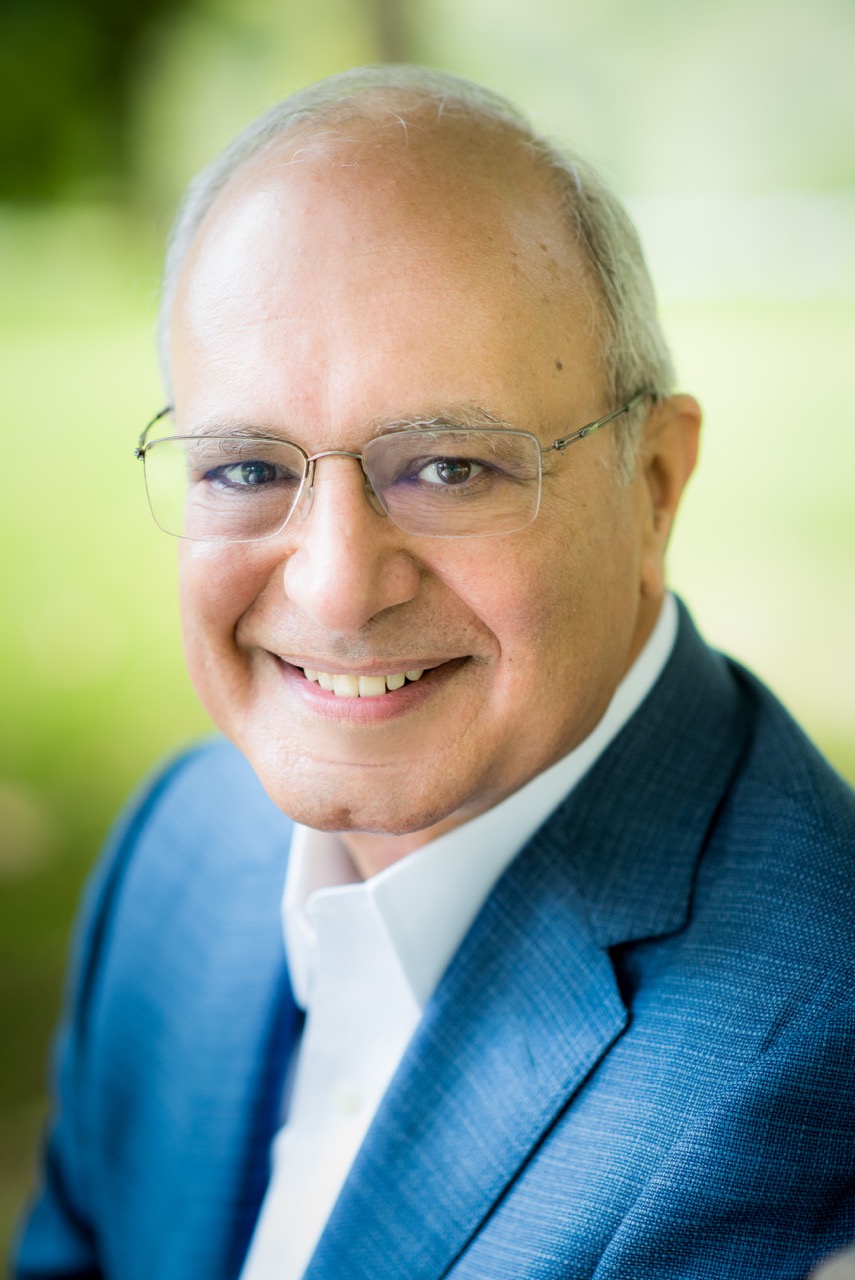Life After Full-time Work Blog
Learn about preparing for life after full-time work through posts from Don's upcoming book.
#31: What If You Don’t Have A Financial Professional To Help You?
Not everybody has, or finds, a financial professional to help them. This post looks at the kinds of attitudes and issues people typically have in connection with pensions, through the eyes of a rare national advisory agency.
#30: Good Advisors Will Speak Our Language
Financial professionals often tell us that they want to speak our language, then retreat into jargon. I’ve learnt about the difference.
#29: Looking Forward To The Next Few Months
You’re probably still easing into the year, so this week I won’t post anything that’s meant to teach. Instead, permit me to look forward to the next few months.
#28: What Does Spending Money Do For You?
In the same way that we observed that there’s more to life than money (see Post #4), so too there’s more to spending money than obtaining something that’s useful to us. Here are some emotional benefits.
#27: Thank You, Merry Christmas And A Happy New Year
Best wishes for 2018
#26: New Year’s Resolutions Related To Life After Full-Time Work
Some areas to consider in the context of new year’s resolutions, plus an anecdote of an unexpected benefit
#25: Look How Far We’ve Come
Here’s a convenient summary of what the first 24 posts have covered. I’m sure that not everything was of personal relevance to you, so this post is a way to see where the stuff you are interested in fits into the big picture.
#24: Talking To Your Adult Children Or Other Close Family Members About This Phase Of Life
Parents are often uncomfortable to talk to their adult children about personal matters. This post identifies some of the benefits of that kind of conversation.
#23: Two Other Considerations: Buying A Home, And Life Insurance
We’ve discussed retirement saving at some length. But when we’re young, we have other long-term financial goals too. Where do buying a home and insuring one’s life fit in?
#22: Financial Stages In Planning For Life After Full-Time Work
Are there any guideposts as to what you should be doing and what you should be thinking about, at different stages in your financial life? Let’s look at minimum, successful and exceptional standards at five stages.
